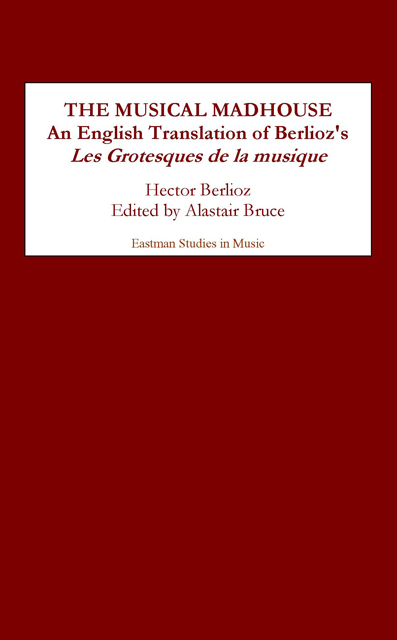Music and dance
Published online by Cambridge University Press: 21 March 2023
Summary
Dance has always shown itself a tender and devoted sister to Music. Music, for its part, constantly gives proof of its devotion to Dance. These two charming sisters are lavish in bestowing every courtesy upon each other. So it has been since time immemorial: they are always found in close alliance, ready to stand up and do battle against the other arts, the sciences, philosophy and even that fearsome foe, common sense. This fact was already recognised in the time of Louis XIV; Molière proves it in the first act of his Bourgeois Gentilhomme:
“Philosophy is something; but Music, Monsieur, Music… .”
“Music and Dance, Music and Dance—nothing else matters.”
“There is nothing so necessary to men as Dance.”
“Without Music no state can survive.”
“Without Dance a man can do nothing.”
However, if either of these two Muses is ever inclined to take advantage of the goodness and affection of the other, I believe it must be Dance. Look what happens in the creation of ballets. Music goes to the trouble of composing a delicious morsel, well-conceived, melodious and skilfully orchestrated, lively, cheerful and stirring. Then along comes Dance and says: “Dear sister, your air is charming, but it’s too short; lengthen it by sixteen bars, tack something on to it, I need it that much longer.” Or: “That’s a lovely piece, but it’s too long. You must shorten it for me by a quarter.” It’s no good Music replying: “These bars you want me to add will produce a nonsense— an absurd and pointless repetition.” Or: “The cut you’re asking for will destroy the whole structure of the piece.
“Never mind,” replies her nimble sister; “that’s how it must be.” And Music obeys. Elsewhere Dance finds the instrumentation too delicate; she needs trombones, cymbals, great thumps on the bass drum, and Music resigns herself with a groan to all sorts of brutality. Here the tempo is too lively for the dancer to have time for his grands écartés and his noble élévations. Music meekly breaks up the rhythm, waiting for the moment to resume her natural pace—she needs patience, for so high are the great dancer’s leaps that quite often, as we know, he actually gets bored in midair.
- Type
- Chapter
- Information
- The Musical MadhouseAn English Translation of Berlioz's <i>Les Grotesques de la musique</i>, pp. 130 - 132Publisher: Boydell & BrewerPrint publication year: 2003



